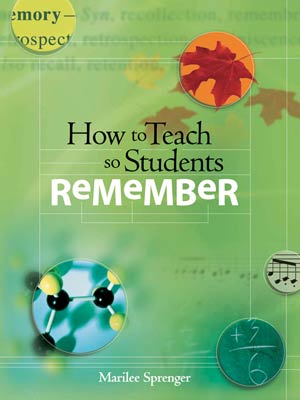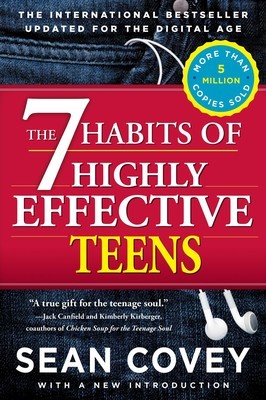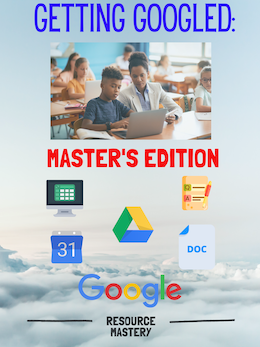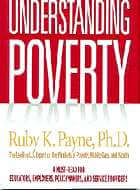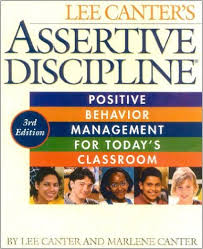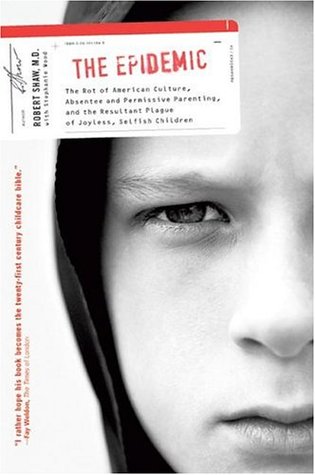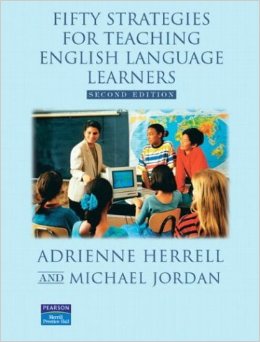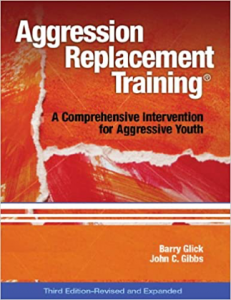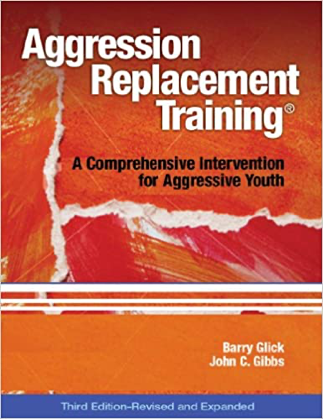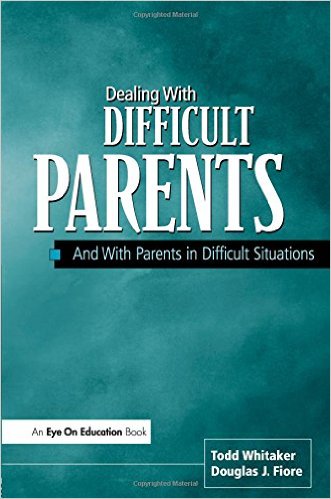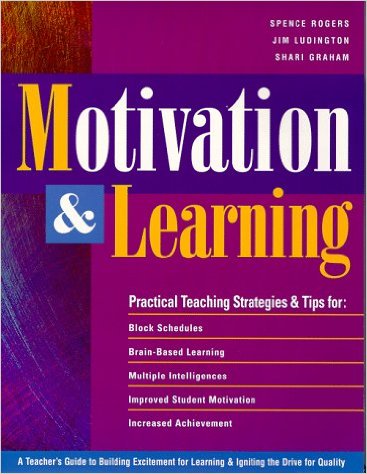“I learned a great deal in this class and appreciate it’s affordability.”
- 3 Credits -
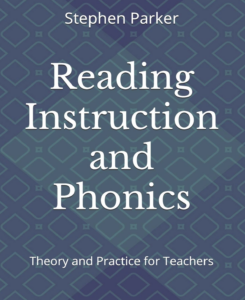
3 Semester Credits
(post-baccalaureate
PD credits for re-certification and
pay-lane increases)
- accredited nationwide
- start any time
- up to 5 months to complete
- independent study
- all course materials included with course tuition
- view FAQ
Course Description
This course will present Reading Instruction and Phonics Theory practice for teachers. The book is a standalone resource for using phonics as a method for teaching children to read. It focuses on teaching letter-sound relationships and strategies that help teachers convey content material while simultaneously giving their students reading and writing language skills.
Teacher feedback about this course
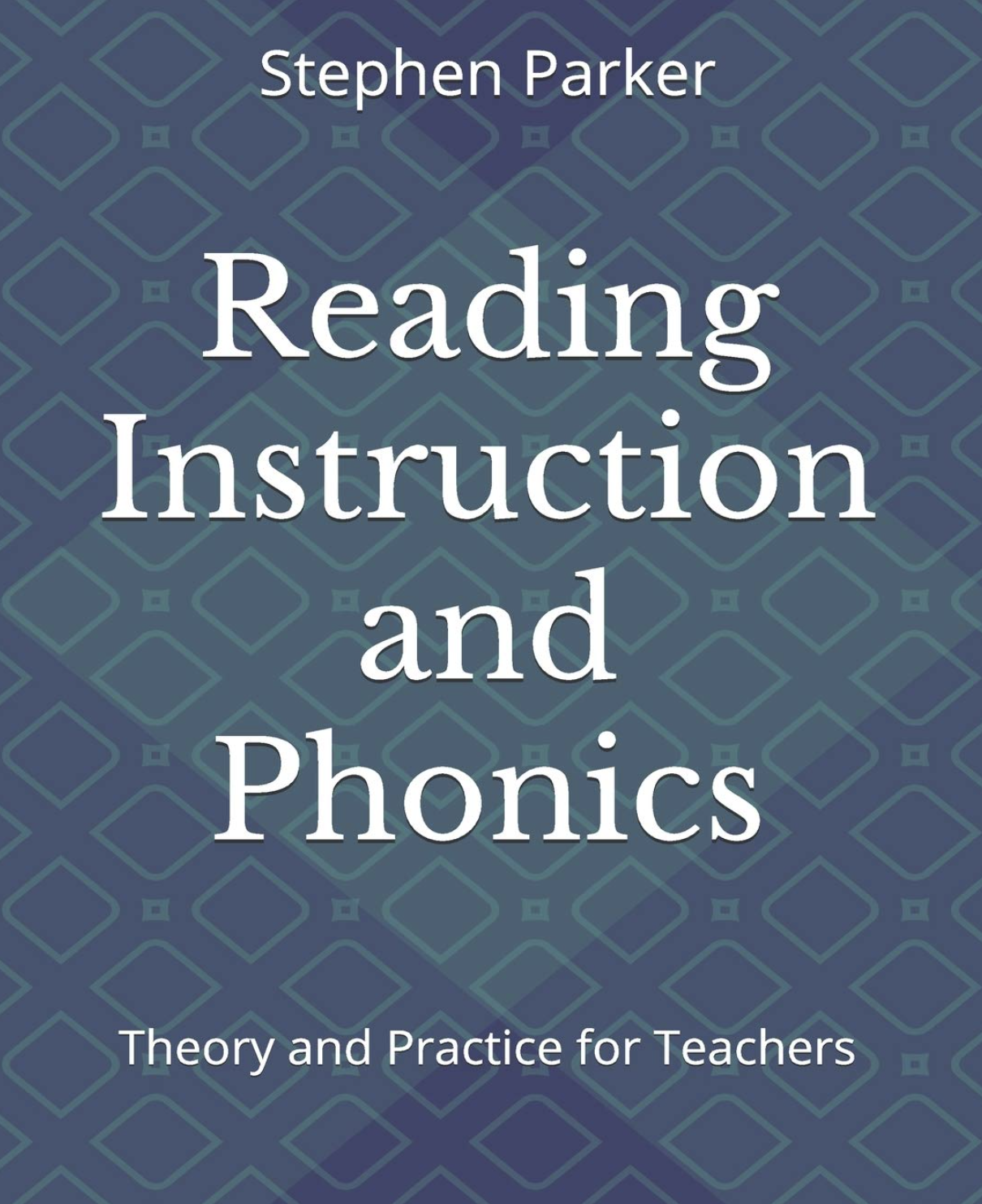


$425
3 Semester Graduate Credits
Item categoryed501 not found.Item ma-categoryed501 not found.Item categoryed5012 not found.Item ma-categoryed5012 not found.
Reading Instruction and Phonics Theory
- 3 Graduate Credits -



Course Objectives
- Educators will learn the sounds of American English and the theory of the alphabetic codes by focusing on letter-sound relationships of the alphabetic code instruction.
- Teachers analyze the introduction to understand the author and his perspectives on the various reading instruction strategies in school systems and their outcomes.
- Educators will review the history of reading instruction in the U.S and contrast the whole-language literacy compared to creating phonics frameworks for reading acquisition.
- Participants will utilize the appendices supplement to stages, code sounds to letters, consonant blends, complex and frequently used words to enhance reading instruction.
- Educators will research this topic, view videos and practice sounds stages from the book to create lessons/activities to improve reading/phonics instruction in classrooms.
Credit Hours
3 Semester Credits (post-baccalaureate professional development credit)
Course Instructor
Joseph C’de Baca MaEd.
Grade Type
University Transcript: Click Here For Details
Reading Instruction and Phonics Theory
What Others Are Saying About This Course
Karen S. – IN –
Catherine H. – MI –
“got it, thanks for the quick response. And I really like hearing that it’s all about me! Cathy (the Poverty one, not the Dropout one) :)”
Dolores H. – MI –
” My name is Dolores Harley. I registered for the online course “Understanding Poverty” in September of 2010. I dove in and read the entire book and started applying the ideas and concepts right away. The book was fascinating and I couldn’t put it down. Due to an extremely heavy work load during the school year I was not able to dedicate the time I wanted to complete the course work. I am beginning that work now. It is my hope that you will accept my work between now and sometime in September, 2011. I am enjoying the work
Marshelle G. – ND –
” Thank you so much for getting this done in such a timely manner! I will be able to have it post marked by the 15th and this saved me paying double to have my SW license renewed! I really appreciate your time! I am glad that my assignments were up to your standards for an “A” grade! I learned so much from this book! Thank you again!”
TLC Testimonials

